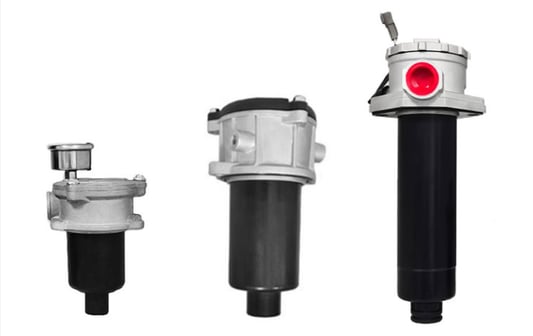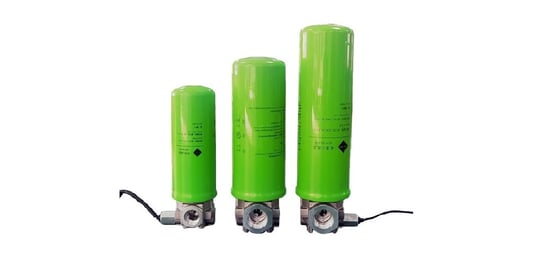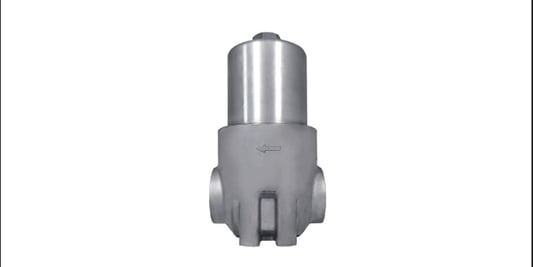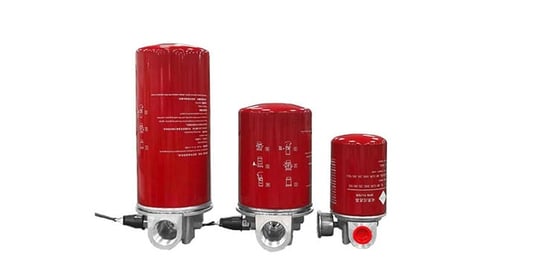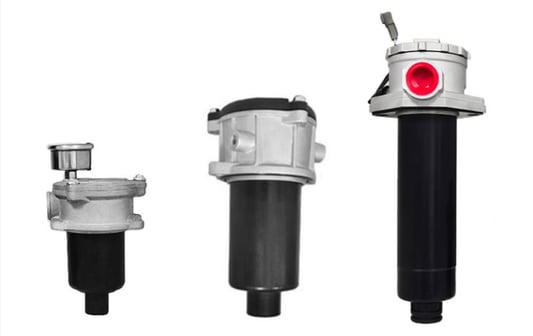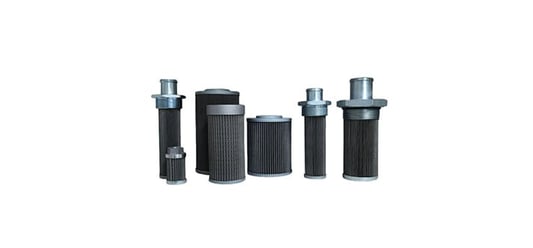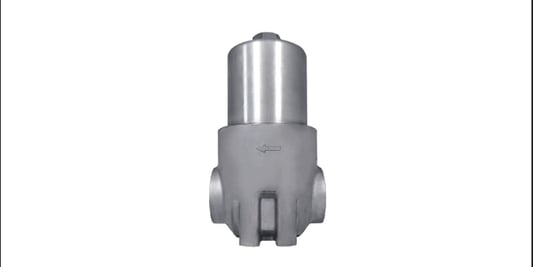The methods to extend the service life of hydraulic oil filters include the selection of high-quality hydraulic oil, regular inspection and replacement of filter elements, and keeping the hydraulic system clean. Through proper maintenance and optimized operation, the service life of hydraulic oil filters can be effectively extended, thereby reducing equipment failures and improving overall efficiency.1. Choose high quality hydraulic oil filters(1) Quality of base oilHigh-quality base oil has better oxidation resistance and thermal stability, which can effectively slow down the oxidation rate and extend the service life of hydraulic oil.(2) AdditivesChoose hydraulic fluids containing additives such as antioxidants and anti-wear agents to effectively protect the filter and the entire hydraulic system.2. Check and replace the filter element regularly(1) Check the condition of the filter elementRegularly check whether the filter element is blocked or damaged, and replace the filter element in time if any abnormality is found.(2) Use high-performance filter elementSelect a filter element with high filtration accuracy and strong contaminant capacity, such as the Hedecker filter element, which has a high pressure difference and a bypass valve design, which can automatically open the bypass valve when the filter element is blocked to ensure the normal operation of the system.3. Keep the hydraulic system clean(1) Avoid the entry of pollutantsWhen adding new oil or replacing the filter element, ensure that the working environment and tools are clean to prevent impurities from entering the system.(2) Clean the tank regularlyPeriodically clean the bottom of the tank of sediment and impurities to reduce pollution sources.4. Control the operating temperature(1) Monitor the temperatureControl the working temperature of the hydraulic system within a reasonable range to avoid excessive temperature leading to faster oxidation of hydraulic oil.(2) Cooling measuresFor high temperature conditions, forced cooling measures can be taken, such as increasing the cooler or improving the heat dissipation conditions.5. Optimize the filtration scheme(1) Combined filtration schemeAccording to the requirements of the system, the combined filtration scheme is adopted, such as the combination of the return oil filter and the high-precision filter to improve the overall filtration effect.(2) Full flow filtrationFull flow filters are installed in important areas to ensure that all flowing hydraulic oil is fully filtered.6. Regular testing and maintenance(1) System inspectionRegular comprehensive testing of the hydraulic system, including oil pollution, filter pressure difference and other indicators.(2) MaintenancePerform system maintenance according to manufacturer's recommended cycle and replace damaged parts and seals in a timely manner.7. Operate the device properly(1) Avoid abnormal operationsAvoid prolonged overload operation and frequent start and stop to reduce wear and pollution of the hydraulic system.(2) Standard operationTrain operators to ensure they operate the equipment according to specifications and reduce the impact of human factors on filter life.In summary, the service life of the hydraulic oil filter can be effectively extended by selecting high-quality hydraulic oil, regularly checking and replacing the filter element, keeping the system clean, controlling the working temperature, optimizing the filtration program, regular testing and maintenance, and reasonable operation of the equipment. This not only reduces the downtime and maintenance costs of the equipment, but also ensures the long-term stable operation of the hydraulic system.Quote InquiryContact us!


